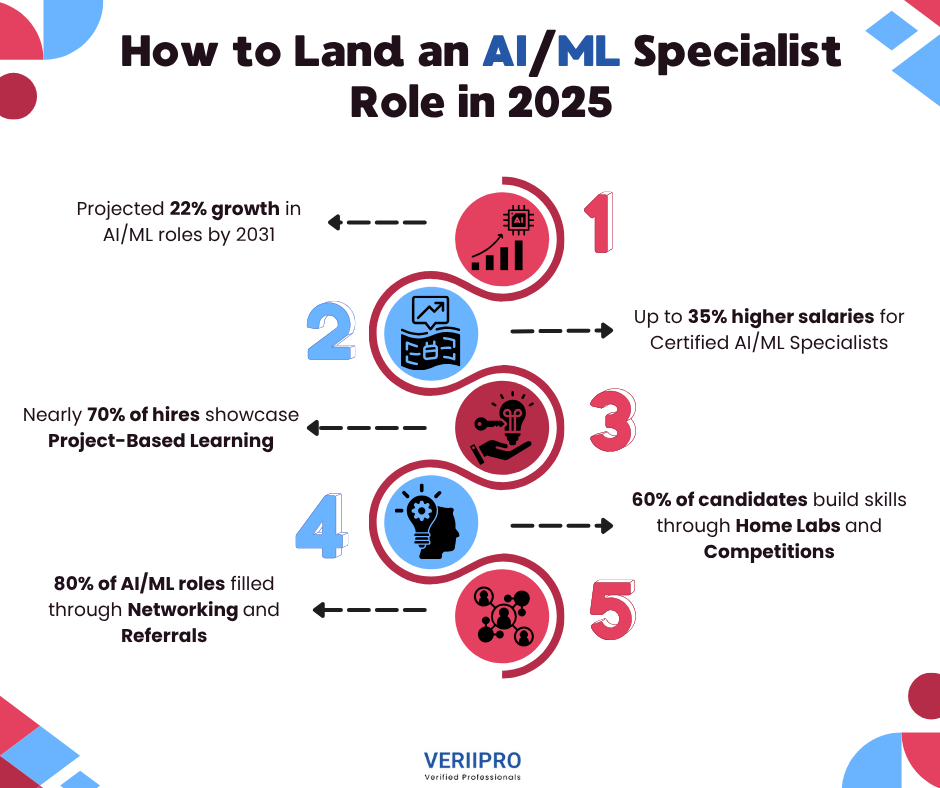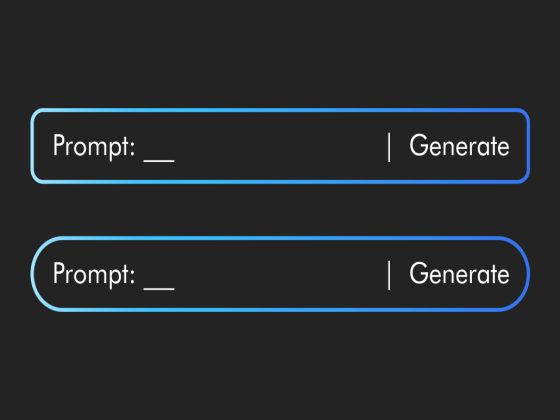As businesses harness artificial intelligence to drive innovation, AI/ML specialists have become linchpins in tech teams. Organizations are investing heavily in data‑driven products—from recommendation engines to autonomous systems—making experts who design, train, and deploy models essential for competitive advantage.

1. Build a Strong Educational Base
Most AI/ML positions require at least a bachelor’s degree in computer science, data science, or a related field. Coursework in statistics, linear algebra, and programming lays the groundwork. Whenever possible, pursue projects or internships that let you apply algorithms to real data sets—hands‑on experience is invaluable.
2. Master Key Frameworks and Tools
Proficiency in these industry‑standard libraries is a must:
- TensorFlow and PyTorch for building and training neural networks
- Scikit‑learn for classic machine learning workflows
- Pandas and NumPy for data manipulation
3. Earn Industry-Recognized Certifications
Certifications validate your skills and boost credibility:
- AWS Certified Machine Learning – Specialty
- Google Professional Machine Learning Engineer
Adding one of these credentials to your resume signals both commitment and competence.
4. Gain Hands‑On Experience
Theory alone won’t get you hired. Create a portfolio of projects that solve real challenges:
- Build a recommendation system for e‑commerce data
- Develop a computer vision model for image classification
- Participate in Kaggle competitions
These projects demonstrate your readiness to tackle production‑level tasks.
5. Develop Essential Soft Skills
AI/ML specialists must communicate complex ideas clearly. Practice:
- Storytelling with data—translate model results into business insights
- Collaboration—work effectively with data engineers and stakeholders
- Problem solving—break down vague requirements into clear objectives
6. Network Strategically
Your next role may come from a connection. Join industry groups on LinkedIn and Slack channels like DataTalks. Attend conferences or local meetups to learn trends in machine learning and meet potential mentors.
7. Tailor Your Resume and Ace the Interview
Highlight measurable impacts:
- “Improved model accuracy by 12% on fraud detection data”
- “Reduced inference time by 30% through model optimization”
Prepare for technical interviews by reviewing algorithm fundamentals, ML pipeline design, and case studies on model deployment.
Closing Thoughts
Breaking into an AI/ML specialist role in 2025 is about more than mastering algorithms—it’s about showing how your unique strengths solve real problems. Keep building your portfolio, earn certifications, and sharpen your communication skills. By staying active in professional communities and continuing to learn, you’ll be ready to step into one of tech’s most in‑demand roles. For tailored job matches and direct access to leading AI/ML openings, head to VeriiPro and let us help you land your next breakthrough.









